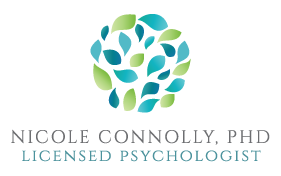Rates of Autism Spectrum Disorders Increasing
Just in time for World Autism Awareness Day, the CDC has released new numbers on the prevalence of autism in the US. The new data from surveys conducted in 2008 suggests that the prevalence rate of autism is about 1 in 88 children. This is about 78% higher than the rate reported in 2002 of 1 in 154 children.
Rates continue to reflect an enormous disparity between boys and girls. According to the new numbers, about 1 in 54 boys is diagnosed with an autism spectrum disorder compared to only about 1 in 252 girls.
As always, the question remains - does this data mean that rates are skyrocketing? Or does this mean that we are just getting better at diagnosing the problem?
Given the methods used in the study, it's somewhat hard to say.
Over the same span of time, providers have become increasingly familiar with autism spectrum disorders. So, it is quite likely that some part of the increase reflects a better ability to recognize and label signs of ASD. It is impossible to know just how much of the increase is due to an actual increase in the number of "true" cases.
To me, one of the most interesting findings regards average age of diagnosis. From the study report, the average age of diagnosis in 2008 was around 4 years old. For kids with Asperger's syndrome, the average age of diagnosis is much later, between 6 and 7 years of age. While many kids are caught around age 2, there still are a large number of kids who aren't being identified until later. Earlier detection means earlier intervention, which is important for improving outcomes for these kids.
You can read the full report at http://www.cdc.gov/ncbddd/autism/data.html.
If you are concerned that your child may have an autism spectrum disorder, it's always a good idea to have it checked out with a professional. Parents' instincts are powerful and often quite accurate. You may want to begin by discussing your concerns with your child's pediatrician or with a qualified child psychologist or psychiatrist. Depending on where you are located, there may be government programs available to assist you in seeking a diagnosis or treatment for your child. In California, this is managed through your local Regional Center. Your pediatrician or psychologist can help you figure out what steps to take to have your child evaluated.
